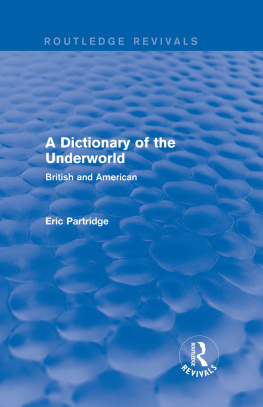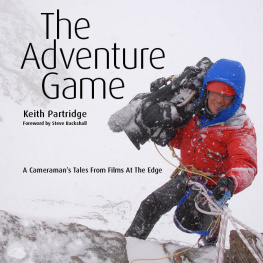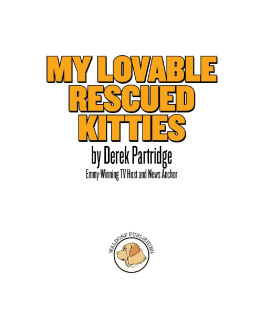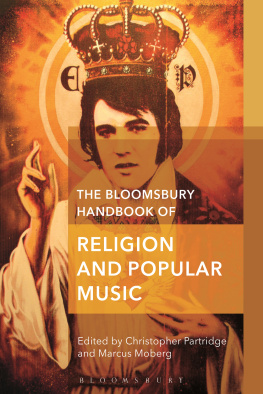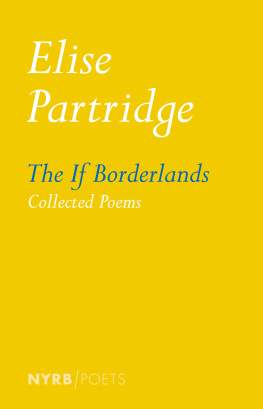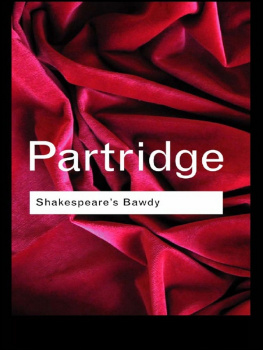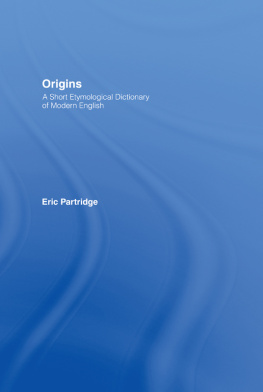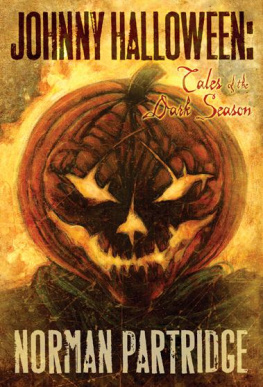Routledge Revivals
A Dictionary of the Underworld
First published in 1949 (this edition in 1968), this book is a dictionary of the past, exploring the language of the criminal and near-criminal worlds. It includes entries from Australia, New Zealand, Canada and South Africa, as well as from Britain and America, and offers a fascinating and unique study of language. The book provides an invaluable insight into social history, with the British vocabulary dating back to the 16th century and the American to the late 18th century. Each entry comes complete with the approximate date of origin, the etymology for each word, and a note of the milieu in which the expression arose.
A Dictionary of the Underworld
British and American
Eric Partridge
First published in 1949, this edition in 1968
by George Allen & Unwin Ltd This edition first published in 2015 by Routledge
2 Park Square, Milton Park, Abingdon, Oxon, OX14 4RN
and by Routledge
711 Third Avenue, New York, NY 10017
Routledge is an imprint of the Taylor & Francis Group, an informa business
1949 Eric Partridge
The right of Eric Partridge to be identified as author of this work has been asserted by him in accordance with sections 77 and 78 of the Copyright, Designs and Patents Act 1988.
All rights reserved. No part of this book may be reprinted or reproduced or utilised in any form or by any electronic, mechanical, or other means, now known or hereafter invented, including photocopying and recording, or in any information storage or retrieval system, without permission in writing from the publishers.
Publisher's Note
The publisher has gone to great lengths to ensure the quality of this reprint but points out that some imperfections in the original copies may be apparent.
Disclaimer
The publisher has made every effort to trace copyright holders and welcomes correspondence from those they have been unable to contact.
A Library of Congress record exists under LC control number: 74356238
ISBN 13: 978-1-138-90446-0 (hbk)
ISBN 13: 978-1-315-69630-0 (ebk)
ERIC PARTRIDGE
A DICTIONARY OF THE UNDERWORLD
BRITISH & AMERICAN
Being the Vocabularies of
CROOKS CRIMINALS RACKETEERS
BEGGARS and TRAMPS
CONVICTS
THE COMMERCIAL UNDERWORLD
THE DRUG TRAFFIC
THE WHITE SLAVE TRAFFIC
SPIVS
THIRD EDITION (MUCH ENLARGED)
First published: 1949
reprinted with new addenda 1961
reprinted 1964
Third edition, revised and much enlarged 1968
SBN 7100 1933 5
Printed in Great Britain by
Lowe and Brydone (Printers) Limited, London, N.W.10
For
M. GUSTAVE RUDLER
MARCHAL FOCH PROFESSOR OF FRENCH IN THE UNIVERSITY OF OXFORD
hommage d'auteur vux et souhaits d'ami
Contents
IN quoting 'Rose' (1934) and 'Berrey and Van den Bark' (1942), Mr. Partridge was sometimes quoting, all unwittingly, material first glossarized, not by those editors but by Dr. Maurer; and he now wishes to emphasize the fact that the 'original source' lay in several of Dr. Maurer's articles-with-glossary.
CANT, or the language of the underworld, seems to have appeared in Britain early in the 16th Century and in America in the 18th. It constitutes a fascinating philological and sociological sidelight upon our civilization.
This being a dictionary planned on historical lines, I have not strained myself to present a work that is 'up to the minute'; this matters but little, in that the main body of canti.e., exclusive of cliquisms and ephemeridesis remarkably conservative. For example, most people think of phoney as very modern: yet it has been current in the United States since at least as early as 1890 and, in its original shape, fawney , in England since at least as early as 1770.
But I shall be very grateful for a notice of all such accredited-cant terms as I have failed to include: with details concerning period, milieu, authority (if any). The difficulties of publishing are also, in part, the cause of a certain time-lag.
My best thanks are due to Godfrey Irwin, the author of American Tramp and Underworld Slang (1931), for reading and sending me notes on those books and articles which were not available to me in Londonand for access to his manuscript additions to the above-mentioned glossary. Also I must thank William Kernt for allowing me to use his unpublished glossary of American cant.
Godfrey Irwin, Joseph Fishman and David Maurer are the three leading authorities on American cant. But I have used Dr Maurer's numerous valuable glossaries very sparingly, and the same applies to Lester V. Berrey and M. Van Den Bark's magnificent work, An American Thesaurus of Slang. These three scholars will, I trust, feel charitably towards me for my failure to use their work more freely, the more so that I have been able to supplement their lists to a not inconsiderable degree. On the other hand, I have profited without stint by W. J. Burke's admirable bibliography, The Literature of Slang ; that I have, even on the American side, been able to supplement his sources, may serve to indicate that I have done much quite independent research. Indeed, the richest of all the American sources had never been tapped; nor had the richest of all the British sources.
For Australia, I owe much to Sidney J. Baker, the nonpareil of lexicographers of both Australian and New Zealand speech. For South Africa, much to the staff of The Cape Times. And for Canada, much to the leading newspaper in Toronto.
Not one of these scholars and other contributors, however, is to be held responsible for the etymologies, on which I have worked alone. Cant etymologies are not particularly easy, but they do possess a strange and peculiar interest.
I have also to thank the Committee of the Leverhulme Research Fellowships for the award of a two years' grant to enable me to work upon this dictionary, which, but for their assistance, could not have been undertaken.
Nor could the work have been continued and completed without the very considerable financial assistance given to me by the publishers.
ERIC PARTRIDGE.
See the essay on cant in my Here , There and Everywhere. (Hamish Hamilton, London; 1950.)
- adj..... adjective
- adv..... adverb
- Am..... American (U.S.A.)
- Andrewes... George Andrewes's dictionary, 1809
- anon..... anonymous
- app..... apparent; apparently
- Aus..... Australia; Australian
- Awdeley.... John Awdeley, The Fraternitye of Vacabondes, 1575
- B & L.... Barrre & Leland's dictionary of slang, 1889-90
- Baker, 1941... New Zealand Slang, by Sidney J. Baker
- Baker, 1942... Australian Slang, by
- Baker, 1945... The Australian Language, by
- Baumann... H. Baumann, Londonismen, 1887
- B.E..... The Canting Crew, 1698
- Bee.... Jon Bee's dictionary of slang, 1823
- Black.... Det.-Sgt Alexander Black, 'Criminal Slang' in The Police Journal, March 1943
- Brandon.... H. Brandon, Poverty, Mendicity and Crime, 1839
- Brown.... Superintendent W. F. Brown, 'Thieves and their Argot' in The Police Journal, Oct. 1931
- Burke.... James P. Burke, 'The Argot of the Racketeers' in The American Mercury, Dec. 1930
- BVB.... Lester V. Berrey & Melvin Van Den Bark, The American Thesaurus of Slang, 1942
- c..... cant (language of the underworld)
- C...... Century, as in 'C. 18'.
- ca...... circa, about

